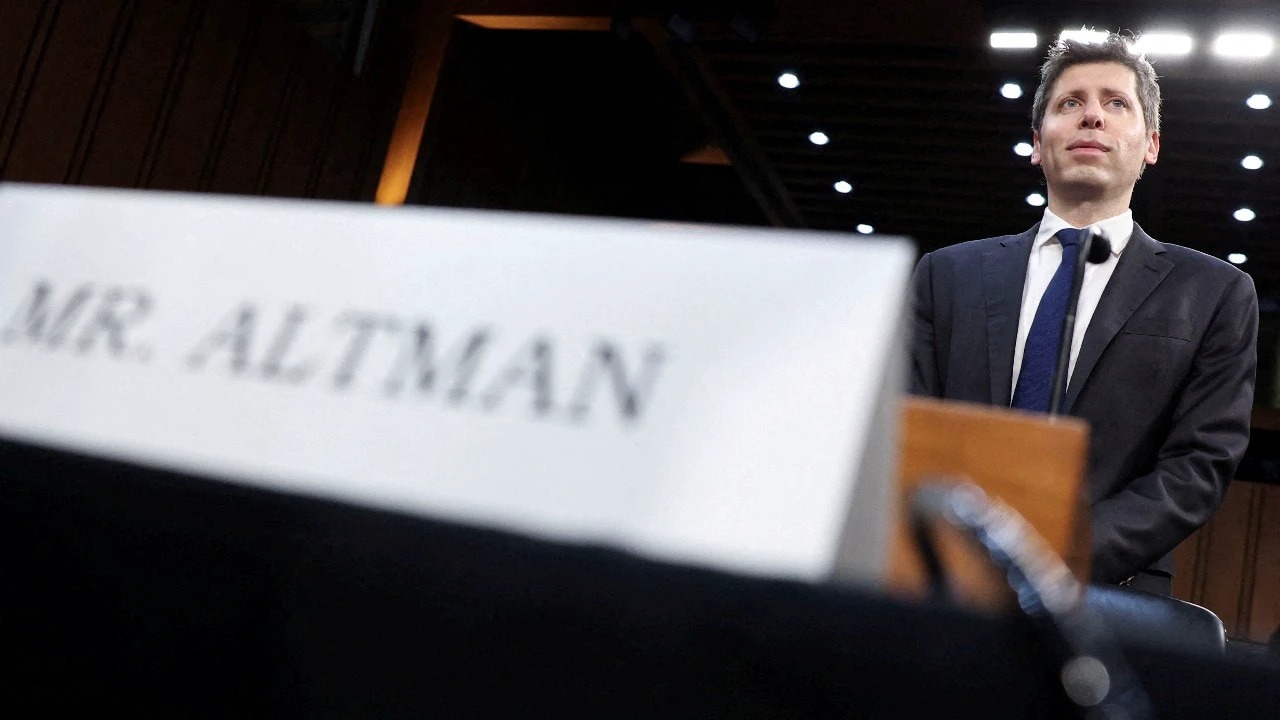Tech
US Tech Leaders Urge Smart AI Policies to Stay Ahead of China

At a recent US Senate Trade Committee hearing, major tech leaders, including OpenAI co-founder Sam Altman, gathered to discuss America’s role in the global artificial intelligence (AI) race. The session took place in Washington, D.C., and highlighted concerns about staying ahead of countries like China in this fast-growing industry.
Altman was joined by Lisa Su, CEO of AMD, Michael Intrator of CoreWeave, and Brad Smith, President of Microsoft. Together, they shared ideas on how the US can keep its lead in AI without slowing innovation.
US Still Ahead in AI, But the Lead Is Narrow
During the hearing, Sam Altman said that US companies like OpenAI and Google are still leading in AI development. However, he warned that the gap between the US and countries like China is not very wide.
“It’s hard to say exactly how far ahead we are, but it’s not by years,” Altman said. He explained that smart policies, strong infrastructure, and ongoing investment are key to staying on top.
Changing Tone on AI Regulation
Altman’s message showed a shift in his position. Just a few years ago, he strongly supported strict government oversight of AI. But now, he is more cautious about heavy regulations.
This change may be linked to the return of Donald Trump to the White House. The new administration has taken steps to remove what it sees as unnecessary rules. President Trump’s team has rolled back parts of President Biden’s AI executive order, which aimed to control how AI is developed and used.
According to Trump’s view, too many rules can slow progress. Altman seemed to agree that innovation should not be held back by overregulation.
A Call for Infrastructure, Not Overregulation
Rather than pushing for more laws, Altman and the other tech leaders focused on building better AI infrastructure. They called for more investment in AI research, hardware, and training for workers.
Altman said, “We need practical regulation that doesn’t slow us down.” He warned that too many rules could lead to mistakes that hurt US leadership in AI.
One example discussed was a proposal that would require AI companies to test and approve their systems before release. Altman called this idea “disastrous,” saying it could delay progress in the fast-moving AI industry.
He also questioned a plan to have the National Institute of Standards and Technology (NIST) set AI rules. “I don’t think we need it,” he said. “It could be helpful, but not necessary.”
Lisa Su: US Chips Lead the World
Lisa Su of AMD supported Altman’s points. She said the US is currently the global leader in producing high-quality AI chips. These chips are vital for running advanced AI systems.
“We make the best AI accelerators in the world,” she said. However, she warned that the US cannot relax. “China may face limits, but there are many ways to innovate,” she added.
Su explained that other countries might find new paths to catch up, even if they face trade bans or technology blocks.
A Personal Story from Altman
At one point, Altman shared a personal story about how his love for technology began in St. Louis. He talked about growing up during the early days of the internet.
“I can trace my journey from there to founding OpenAI,” he said. “That freedom and support for tech innovation is what makes America special.”
Altman called himself “a child of the internet revolution” and now “one of the many parents of the AI revolution.” He said it’s no accident that breakthroughs in AI keep happening in the US.
The Bigger Picture: Why It Matters
The hearing made clear that keeping America ahead in AI is about more than just machines and code. It’s about creating jobs, protecting national security, and staying competitive on the world stage.
Brad Smith of Microsoft added that the US needs to be smart about how it leads in AI. This includes working with allies, protecting key technologies, and staying open to new ideas.
Michael Intrator from CoreWeave said the US must invest more in data centers and computing power to meet growing AI demands.






